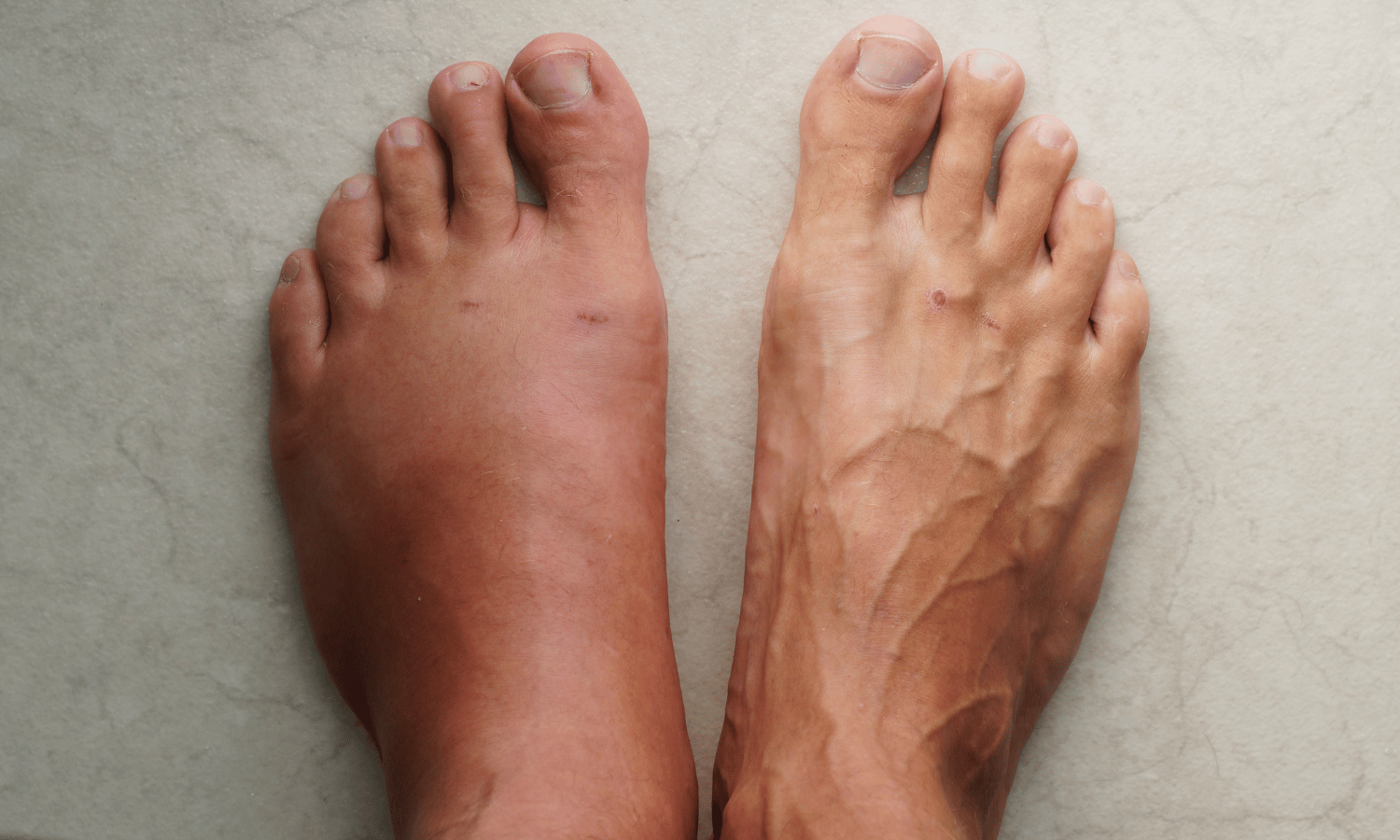Why Are My Legs Swollen?
Have you ever looked down at your legs and noticed they were more swollen than usual? Swelling, or edema, in the legs can arise from a simple cause such as sitting for too long or signify something more complex within your body. It's not just about discomfort; understanding the "why" behind swollen legs is crucial for your overall health and wellbeing. This blog post delves into the common causes of leg swelling, symptoms to watch for, effective treatment options, and proactive measures you can take to manage or prevent this condition.
Common Causes of Leg Swelling
Leg swelling can be the result of various factors, ranging from lifestyle choices to underlying health conditions. Let's explore some of the most common culprits:
Venous Insufficiency and Varicose Veins: When valves in your veins struggle to send blood back to your heart, it can pool in your legs, leading to swelling. Varicose veins, which are visible, twisted veins, often accompany this condition.
Lymphedema: This occurs when your lymphatic system is blocked, preventing lymph fluid from draining well, and leading to swelling in the legs.
Kidney, Heart, and Liver Conditions: These vital organs play significant roles in fluid balance. When they're not functioning properly, fluid can accumulate, causing leg swelling.
Medications: Certain medications, including blood pressure drugs, steroids, and antidepressants, can have leg swelling as a side effect.
Symptoms and Diagnosis
While swelling is the primary symptom, other signs can indicate a more serious condition. Pain, redness, or warmth in the swollen area, shortness of breath, and chest pain are symptoms that warrant immediate medical attention.
If you're experiencing persistent or unexplained leg swelling, it's crucial to see a doctor for a proper diagnosis. Your healthcare provider may conduct physical exams, review your medical history, and recommend tests like ultrasounds or blood tests to determine the cause.
Treatment and Management Options
Treatment for swollen legs depends on the underlying cause. Here are some common approaches:
Medical Treatments: Diuretics (water pills) can reduce fluid buildup, and medications can address specific conditions like heart failure or diabetes.
Home Remedies and Lifestyle Changes: Elevating your legs, exercising, reducing salt intake, and wearing compression stockings can all help manage swelling.
Compression Therapy: Compression garments apply pressure to your legs, helping veins move blood more efficiently and reducing swelling.
Preventing Leg Swelling
Preventative measures can significantly reduce the risk of leg swelling:
Exercise and Weight Management: Regular movement and maintaining a healthy weight help prevent fluid buildup and improve circulation.
Dietary Considerations: Monitoring your intake of salt and fluids can prevent swelling from worsening.
Routine Check-Ups: Regular visits to your healthcare provider can help catch and manage conditions that might lead to swelling before they become serious.
Ready to Take the Next Steps?
Understanding the reasons behind swollen legs is the first step toward finding relief and preventing future issues. By recognizing the signs, knowing when to seek help, and adopting lifestyle changes, you can manage or even prevent leg swelling. Remember, if you're concerned about your leg swelling, our specialists at Indiana Vascular are here to help. Don't hesitate to schedule an appointment with us for personalized care and expert advice on managing your vascular health. Your wellbeing is our priority, and we're dedicated to guiding you toward a healthier, more comfortable life.

